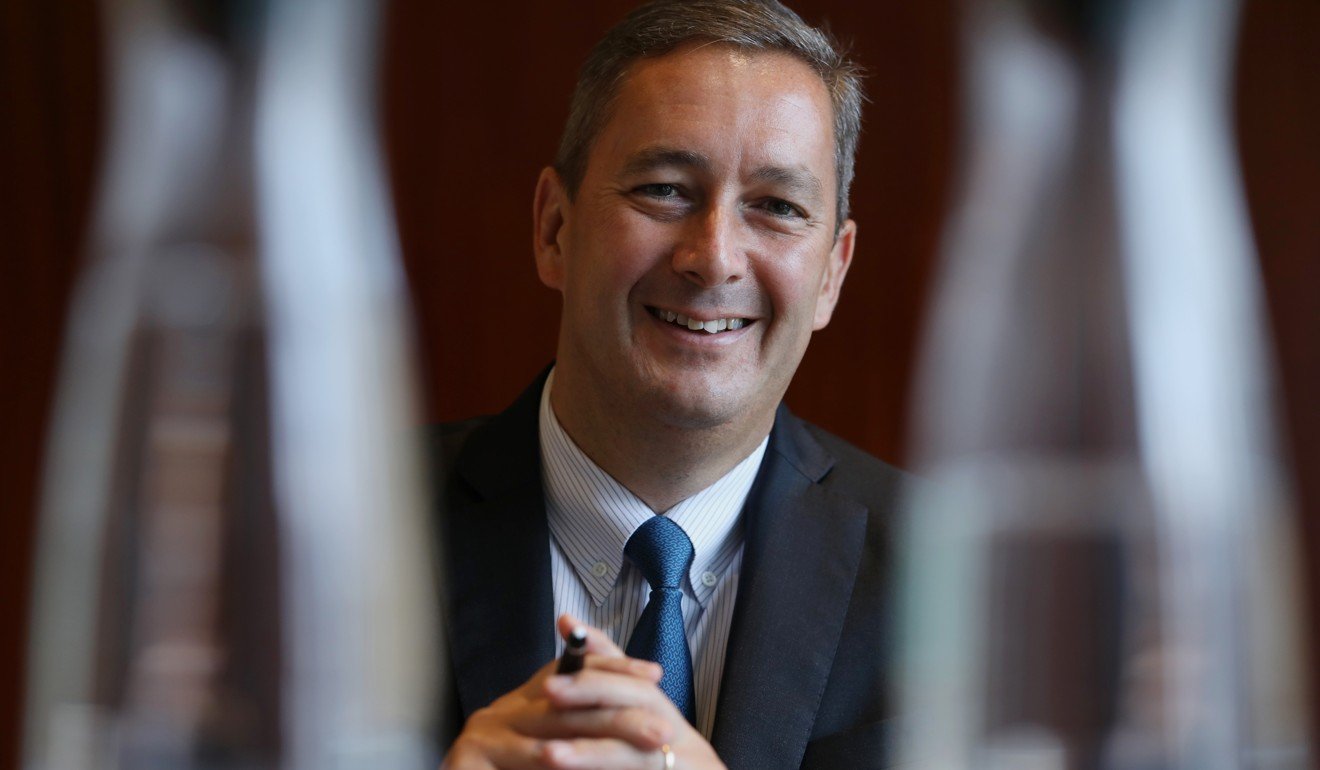
More Chinese industrial firms are building their factories in Europe, says regional head of Germany’s Exyte
- Plans for expansion in Europe are becoming particularly popular among firms in China’s biotech and pharmaceutical sectors, says Mark Garvey, Exyte’s president for Asia-Pacific
More Chinese industrial companies – from electric car battery makers to pharmaceuticals – are looking to build manufacturing plants in Europe to be closer to their customers, according to the regional head of German factory builder Exyte.
Plans for expansion in Europe are becoming particularly popular among firms in China’s biotechnology and pharmaceutical sectors, where meeting European standards and certification are required for market entry. Chemical and electronics firms are also making similar investments, said Mark Garvey, Exyte’s president of Asia-Pacific.
“There is a new phenomenon – a counter flow of investment – by Asian companies looking to invest in Europe,” he said in a rare interview by the privately-owned company. “We are starting to see some interesting conversations about the possibility of people doing that.”
Exyte, which specialises in building factories for chip makers, was last year spun out of M+W Group, a century-old engineering and construction group.

Chinese biotech and pharmaceutical firms have faced less intense scrutiny of their overseas expansion as health care is not deemed to be one of the sensitive sectors that raise national security concerns, and some are spreading their tentacles into Europe.
For example, biologic drugs development company Wuxi Biologics last May announced plans to build a €325 million (US$370 million) plant in Ireland that will hire 700 staff in the next two years.
It is also considering setting up facilities in continental Europe to better serve European and North America clients, chief executive Chen Zhisheng said in January.
Stuttgart-based Exyte, which pioneered the creation of “clean rooms” five decades ago, builds facilities that provide sterile and highly controlled environments for the semiconductor, pharmaceutical, food, chemicals and data centre industries.
As an engineering, procurement and construction contractor, it has built around 300 production facilities for clients in China in the last 24 years, mainly in the semiconductor sector.
It is the only foreign firm in mainland China with a “grade A” general contractor licence to build semiconductor facilities, which means it is not limited in terms of the scale and sophistication of projects it can undertake, Garvey said. Only two other foreign firms have the same grade of licence, but only for operating in the real estate and petrochemicals sectors.
It sourced 55 per cent of its revenues and 66 per cent of new orders from Asia-Pacific in the first nine months of last year. A “significantly important” portion was booked from China.
Garvey expects domestic Chinese semiconductor firms to carry on expanding their capacity as they work towards Beijing’s aim of achieving self-sufficiency in chip production.
Exyte has been working with China’s largest chip maker, Semiconductor Manufacturing International, since 2001 on its plant construction and subsequent expansion.
Despite shelving an initial public offering on the Frankfurt Stock Exchange last October because of the global stock market slump, Garvey said Exyte is still committed to its plan to go public if market conditions are considered favourable.

